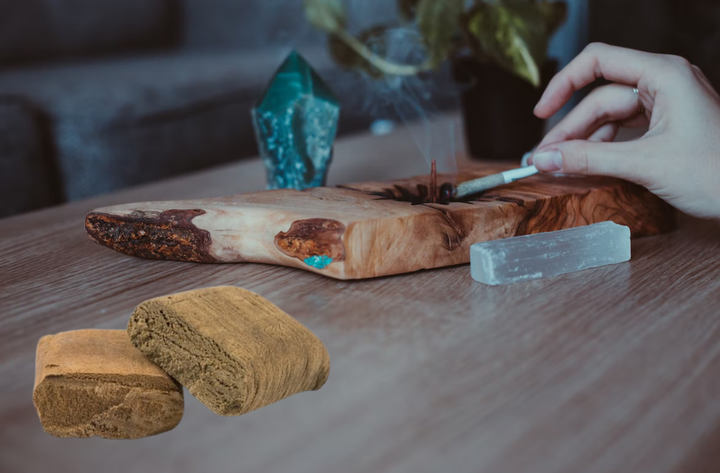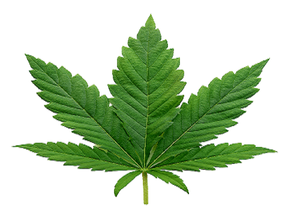Hash and Creativity: Can Cannabis Concentrates Boost Imagination?
Body

In recent years, the discourse surrounding cannabis has evolved from a stigmatized substance to one that is increasingly recognized for its medicinal and recreational benefits. One aspect of this evolving narrative is the exploration of the relationship between cannabis and creativity. Specifically, the focus has shifted towards cannabis concentrates, such as hash, and their potential to boost imagination. In this blog post, we will delve into the connection between hash consumption and creativity, exploring both anecdotal evidence and scientific research to provide a comprehensive understanding of this intriguing topic.
Hash and Cannabis Concentrates:
Hash, short for hashish, is a cannabis concentrate that is derived from the resin of the marijuana plant. It is created by isolating the trichomes, which contain the plant's cannabinoids and terpenes, and compressing them into a concentrated form. Unlike traditional marijuana flowers, concentrates like hash boast higher concentrations of THC, the psychoactive compound responsible for the euphoric "high" associated with cannabis.
Anecdotal Evidence:
Many individuals claim that consuming hash or other cannabis concentrates enhances their creative thinking and imagination. Advocates argue that the altered state of consciousness induced by these concentrates can lead to heightened sensory perceptions, increased introspection, and a unique perspective on familiar concepts. Artists, musicians, and writers often share personal experiences of using cannabis to overcome creative blocks or find inspiration.
However, it's important to note that anecdotal evidence varies greatly among individuals, and personal accounts should not be considered universally applicable. Responses to cannabis, including its effects on creativity, are subjective and can be influenced by factors such as dosage, individual tolerance, and the specific strain or concentrate used.
Scientific Exploration:
While anecdotal evidence is valuable, scientific research on the relationship between cannabis, specifically concentrates like hash, and creativity is still in its infancy. Several studies have explored the impact of cannabis on cognitive functions, but the results are mixed and often inconclusive.
One study published in the journal "Psychopharmacology" suggested that low doses of THC, the primary psychoactive component in cannabis, may enhance divergent thinking – a key element of creativity. However, higher doses were found to have the opposite effect, impairing cognitive functions related to creativity. This highlights the delicate balance between the potential benefits and drawbacks of cannabis use in relation to creativity.
Neurological Mechanisms:
The neurological mechanisms underlying the potential link between cannabis and creativity are complex and not fully understood. THC interacts with the endocannabinoid system in the brain, which plays a crucial role in regulating mood, memory, and cognitive functions. Some researchers propose that the altered state induced by THC may lead to a more relaxed and open mindset, fostering creativity and the ability to make novel connections between ideas.
On the other hand, excessive THC consumption may lead to cognitive impairment, anxiety, and a decline in overall cognitive performance. Finding the right balance is key, and individual reactions to cannabis can vary significantly.
Responsible Consumption:
Regardless of the potential benefits, it is crucial to emphasize responsible cannabis use. Hash and other concentrates are potent forms of cannabis, and excessive consumption can lead to negative side effects, including anxiety, paranoia, and impaired cognitive function. Individuals considering cannabis for creative purposes should start with low doses, be aware of their own tolerance, and prioritize a safe and controlled environment.
Conclusion:
The relationship between cannabis concentrates like hash and creativity is a complex and multifaceted topic. While anecdotal evidence suggests that some individuals experience heightened imagination and creative thinking with cannabis use, scientific research is still inconclusive and often contradictory. The potential benefits of cannabis must be weighed against the potential drawbacks, and responsible consumption practices should be prioritized.
As societal attitudes towards cannabis continue to evolve, further research is needed to provide a clearer understanding of the impact of cannabis concentrates on creativity. In the meantime, individuals interested in exploring the potential creative benefits of hash should approach it with caution, mindfulness, and a commitment to responsible use.













Comments